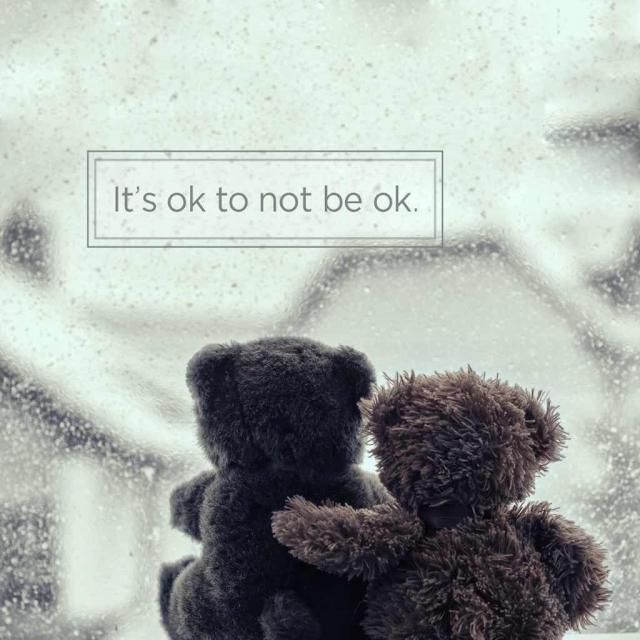Stress and bad moods are normal parts of life, but too much of either creates more problems. Managing these tough times is a key part of quitting smoking.

The Importance of Coping Skills
You may have learned to deal with stress and bad moods by smoking. But there are ways to handle these situations without smoking. Finding new, healthier ways to cope can be helpful while quitting and for the rest of your life.
Ways to Manage Stress and Bad Moods
There are many healthy ways to cope with tough times. Try some of these techniques when you are feeling stressed or emotional.
Mindfulness
Mindfulness is slowing down to pay attention to what’s going on around you at the moment. It is being fully aware of the thoughts, emotions, and physical feelings inside you, plus what you see, hear, touch, and smell around you. Mindfulness means letting the present moment be what it is, whether good or bad. Mindfulness is a skill you can practice in all areas of your life. Mindfulness can:
- Help you manage nicotine cravings or feelings of withdrawal when you are quitting smoking.
- Reduce stress, anxiety, and depression.
- Increase positive emotions and enjoyment in daily life.
- Encourage healthier eating habits.
- Improve relationships.
Using Mindfulness in Your Quit Journey
Being mindful can help you get past a craving. If a craving hits, try to:
- Stop, take a breath, and notice what’s going on right now. How does your body feel? What thoughts are you having? Notice what is happening and take in the experience.
- Imagine your craving like an ocean wave. It might feel like it gets bigger and bigger but eventually it will become smaller and less intense, just like a wave.
- Take a walk outdoors. Walk slowly and really focus on being there. Notice what you see, hear, and smell.
- Involve yourself fully in something you enjoy, like a hobby. You’ll get positive effects from keeping your brain busy and having something else to think about instead of the craving.
Relaxation Exercises
Our bodies respond to stress by releasing hormones that increase your heart rate and raise your blood pressure. Practicing relaxation techniques may improve your health and help you handle your stress in positive ways.
Breathe
Take a few slow, deep breaths—in through your nose, out through your mouth. You will feel your body start to relax.
Locate Your Stress
Take a minute to figure out how stress affects your body. Where do you feel tension in your body? Finding ways to reduce that tension will also help your mental stress. A warm bath, a massage, or stretching can help you release built-up tension.
Visualize
Think of a place where you feel safe, comfortable, and relaxed. Picture it as clearly as you can, including imagining what you would feel, hear, and maybe even smell if you were in that relaxing place. Let yourself enjoy being there for a few minutes.
Do Good to Feel Good
Research shows that doing something nice for others can make your day a little better too. When a craving hits, try distracting yourself for a few minutes by being helpful to a friend, family member, coworker, or complete stranger.
Doing a good deed helps you focus your thoughts outward toward others. It helps you take a step outside your own world for a little while. Performing good deeds can have positive effects on your health, like reducing stress.
Learn more ways to cope with stress while you quit with these tips from Smokefree.gov.






